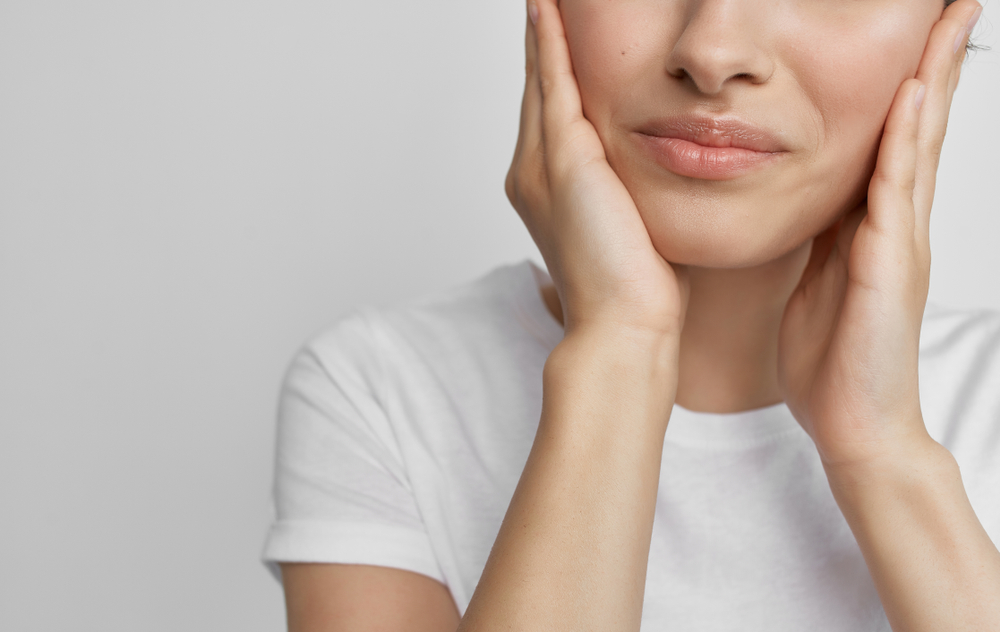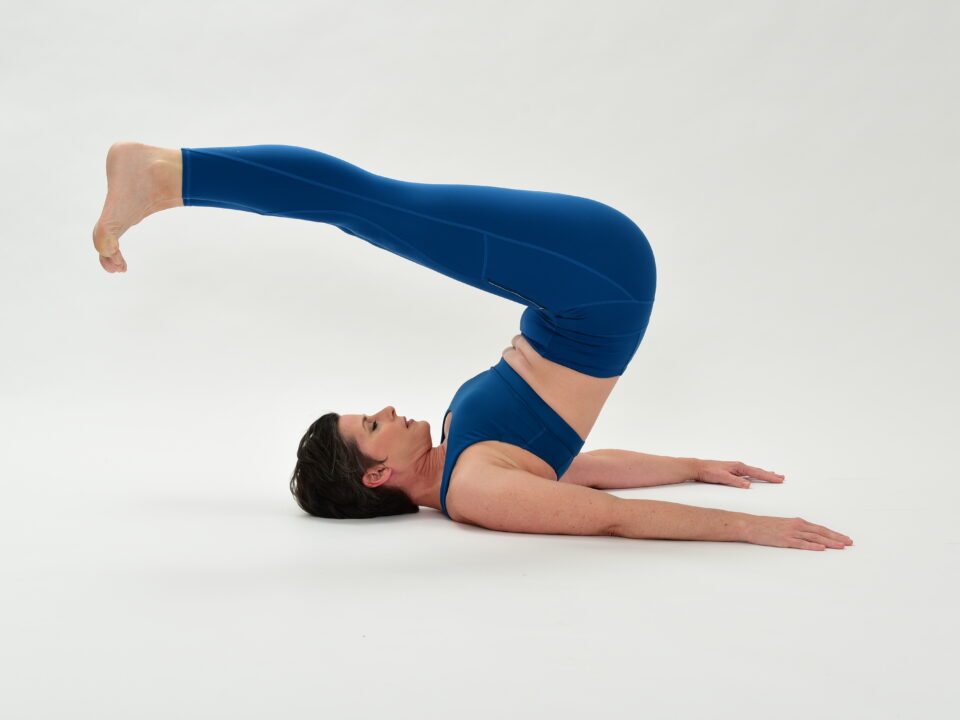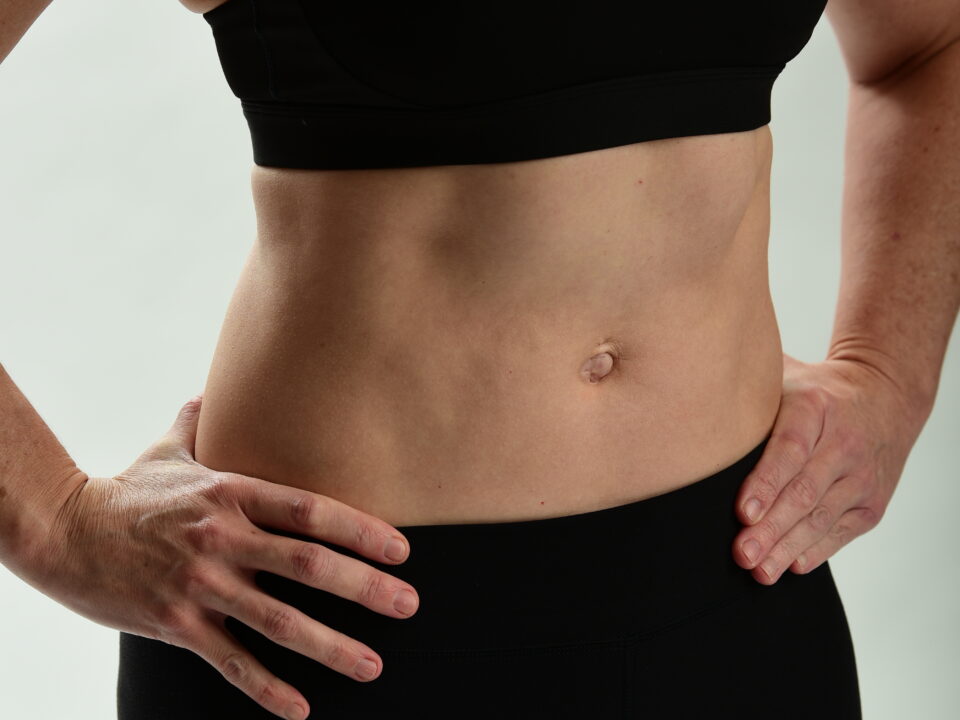- Mon - Fri
7.30 AM – 5.30 PM
Other hours upon request - 770-487-1931
Is Your Jaw Causing Your Headaches?

By Ellie White-Stevens
What does joint pain have to do with headaches?
It depends on the joint.
On each side of your face, in front of the ear, is a temporomandibular joint (TMJ). When it gets out of sorts, the result is a temporomandibular disorder (TMD). Typical symptoms include jaw pain, clicking and popping sounds, difficulty chewing and even a locking of the jaw.
A TMD can also produces headaches which are unlike other headaches, according to Rebecca O’Farrell, PT DPT of ProHealth Physical Therapy and Pilates Studio.
“It feels like a tension headache in your temporal region. Some of those muscles that help to close the jaw exist right above the jawbone itself,” said O’Farrell. “Some people describe it as an earache that radiates kind of up a little bit into their temples. Sometimes it starts in the temple region and radiates down into the side of the cheeks.”
Tension in the head or clenching one’s jaw, either during the day or while sleeping, can produce this kind of headache. Often the person suffering from it has no idea what caused it. There are many things that can make your head hurt.
But it you have a dull throbbing ache that is commonly associated with TMD, a physical therapist can help. After all, it is a joint problem.
A trained professional can examine the muscle tissues around the jaw, neck and face to see what might be contributing to a clenching of the jaw. Attention to these areas can result in a quick reduction in tension.
“We use manual therapy techniques – using our hands to address some of the soft tissues in the area,” said O’Farrell. “We’ll also use movement interventions to improve posture and upper body strengthening. Often something as simple as holding one’s head incorrectly during the day can contribute to these kinds of headaches.”
A patient with a TMD-related issue will often bring it up first with his or her dentist rather than a primary care physician. In any event, someone with private insurance in Georgia can see a physical therapist for the problem without the need for a referral from a doctor. That is the law.
With Medicare, it is a bit more complicated. A referral will be needed, and it has to come from a primary care physician or an orthopedic doctor, not a dentist.
“TMD is quite treatable, but it’s something that many people live with,” said O’Farrell. “You might be surprised at how many people clench or grind. But until it truly impacts someone’s ability to eat or sleep, or the headaches become chronic, people will put up with quite a bit before they come in to get treatment.”
If you have the other symptoms but no headaches yet, it is still a good idea to come in for a consultation. The solution could be as basic as a bite guard or some postural education that solves the problem early and prevents future difficulty.
There are no hard and fast answers since every patient is unique, but for the most part TMD issues can be addressed in four physical therapy sessions for a compliant patient, according to O’Farrell. If nothing positive is accomplished by then, the root problem could be something else.
“A lot of TMJ rehab involves lifestyle changes,” said O’Farrell. “Dietary changes might prevent certain jaw positions, and postural changes are helpful as well. But there is much work involved in unwinding the soft tissues, and that can be hard for people to do on their own. Frequency of rehab visits can depend on the state on the actual muscle tissues.”
One patient, a woman in her mid-forties, was dealing with a hypermobile jaw that produced much clicking and would lock from time to time, making it difficult to talk or eat. She also had a dull, aching, throbbing pain by her ear.
With four or five sessions concentrating on posture and how to open the mouth, she saw positive results, O’Farrell said.
“The jaw is one of those areas where most people don’t realize it is treatable with physical therapy,” she said. “It is a joint, but people do not associate it with PT. They need to know what that headache feels like, that it is fixable, and that they can get help at ProHealth.”
ProHealth Physical Therapy and Pilates Studio is located at 1777 Georgian Park in Peachtree City. For more information or to book an appointment, phone 770-487-1931 or visit http://www.prohealthga.com



